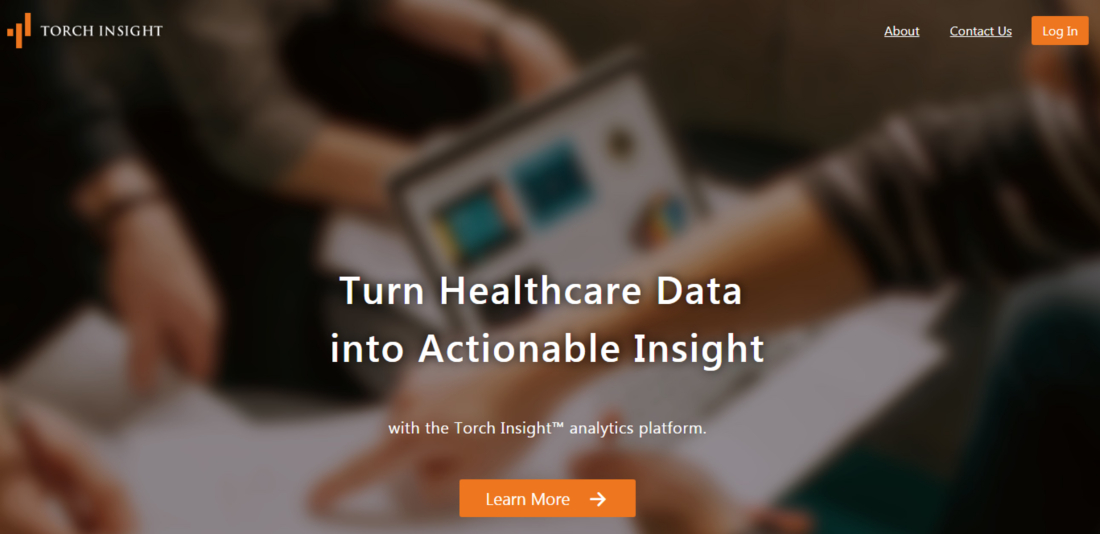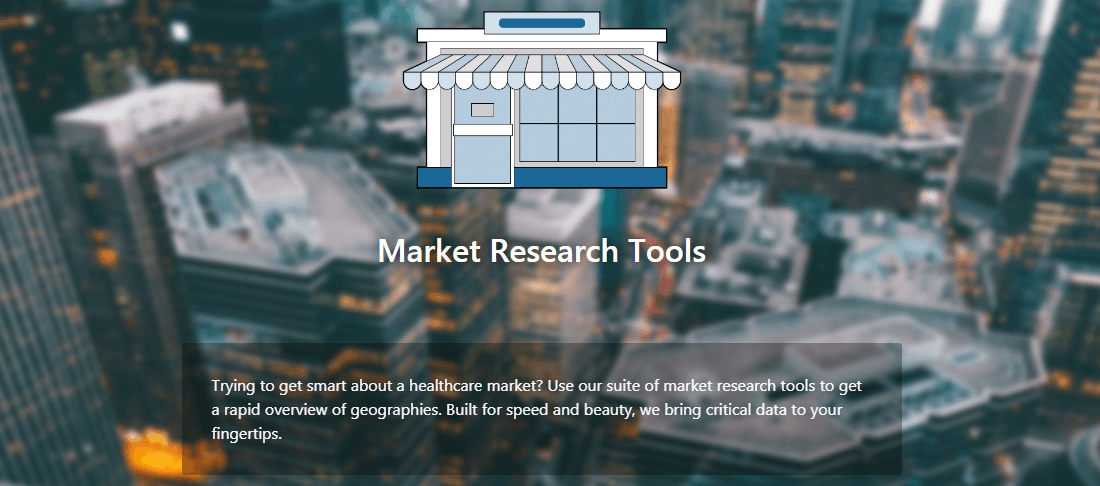
The gathering of intelligence has traditionally been used for military or political ends, but imagine it being applied to the modern day American healthcare system. Think of a process whereby using intelligible data and analytics can create more worth out of general treatment and plans. An approach like this could provide clear-cut solutions and make determining value and efficacy in medical care more tangible in a continually fluctuating industry.
Mike Leavitt, founder of Leavitt Partners, put that idea into motion back in 2009 and set out to make value-based health care a reality. Before launching the firm, Leavitt had quite the resume in politics, serving as Secretary of Health and Human Services for four years under George W. Bush’s presidency, as an Administrator of the Environmental Protection Agency for two years, and as a three-term governor of his home state of Utah.
It’s no wonder that Leavitt was able to use his crucial experience in the cabinet for the president, in particular, at HHS—where he initiated budget plans and prescription drug programs—to parlay innovative concepts into the health care arena.
Thus, to stay on the cutting-edge of Health Information Technology (HIT), Leavitt Partners hatched Torch Insight, a SaaS data and analytics company that warehouses tested and proven intelligence to provide trustworthy healthcare information solutions. It’s CEO and President, John Fiacco, spoke with RewardExpert about the vision and strategy of what’s become Leavitt Partners Insights.
Priceless Value

“If you go to the doctor, you pay for how much they do for you, not for when you are happy with the results,” explained Fiacco. “If you go into a hospital and there’s a surgery, or a complication, where you have to stay longer, or be readmitted, the hospital continues to bill—even if they’ve made a mistake. Mike Leavitt began to ask important questions about whether you can move this from a ‘fee-for-service’ to a ‘fee-for-value situation.’ ”
Industry leaders in the healthcare business look to Leavitt Partners Insights’ data to assist with finding answers to questions about market value analysis, insurance understanding, expense paradigms and universal client strategy. Ergo, Torch Insight’s discernment plays an integral part in the overall worth of Leavitt Partners organization—and with models in the medical system vacillating, their priceless intelligence allows for improved consultation through making unpredictable facets easier to plan for, transition to and wholly manage.
Spending Healthcare Dollars Wisely
To make provider choices more simple, Torch compiles more data on Accountable Care Organizations (ACOs) than anyone else in the field. ACOs are groups of doctors, hospitals and providers that divvy the duties of finance and medical liability to patients—this is to prevent unnecessary spending and ensure that those dollar savings are shared with Medicare programs. The reason Leavitt Partners is known for information leadership in ACOs is due to Torch’s extensive work with modern health care reporting.
Fiacco outlined further how Torch’s widespread database “can see plenty of information about hospitals, doctors, payers, the structures of the organizations that help hold the systems together, and how patients move through those systems. In particular, it is related to the providers of the hospitals that will accept risk for certain surgeries. In other terms, the kinds that will accept one lump sum payment for surgery, or a course of treatment, and if there is a complication—they will cover it.”
This ease-of-access to learn about the qualities of ACOs speaks in volumes to patients in the health system, insofar as bundling the moving parts of treatment. Rather than getting separate points of individual coverage, these ACOs group care options as one—the rationally structured way.
Data Is Power

Sticking to the organized patterns of gathering intelligence instituted by Mike Leavitt, Torch Insight began to do its own ubiquitous research derived from public and private sources. By 2015, in order to restructure thousands of variables of data, it created a warehouse to accommodate the influx of information. In 2017, they converged this mountain of metrics into becoming the face value of Leavitt Partners, and subsequently introduced Torch to their clients—a heightened, yet simplified product suite that makes viewing data from multiple bases more user-friendly.
“Torch may have 75-100 sources and makes sure all that information is linked,” specified Fiacco. “So, if you look at information about a certain hospital, for example, you’re seeing data from a lot of different sources that is put in the right bucket, and categorized for that hospital correctly.”
To adequately handle, clean and upload the sheer volume of healthcare data that Torch deals with daily, they employ cloud-based data analytics for nimble software development. “We’re doing software releases several times a day, so when we see something, we’ll tweak it and then release it into production. That’s why we have a lot of data that no one else does.”
The unity of Leavitt Partners Insights is dedicated to giving accessible answers to the questions involving health care policy. To discover more about their value-based care initiatives and data solutions, visit their website.
“We’re always listening to our clients to hear what we should do next,” summed Fiacco. “Getting down to the disease level, or a surgery level, looking at individual facilities and their patients, and finding the value of what those networks and relationships mean.”
